What Are Linux Computers? A Complete Guide for Businesses
Updated on October 7, 2025, by Xcitium
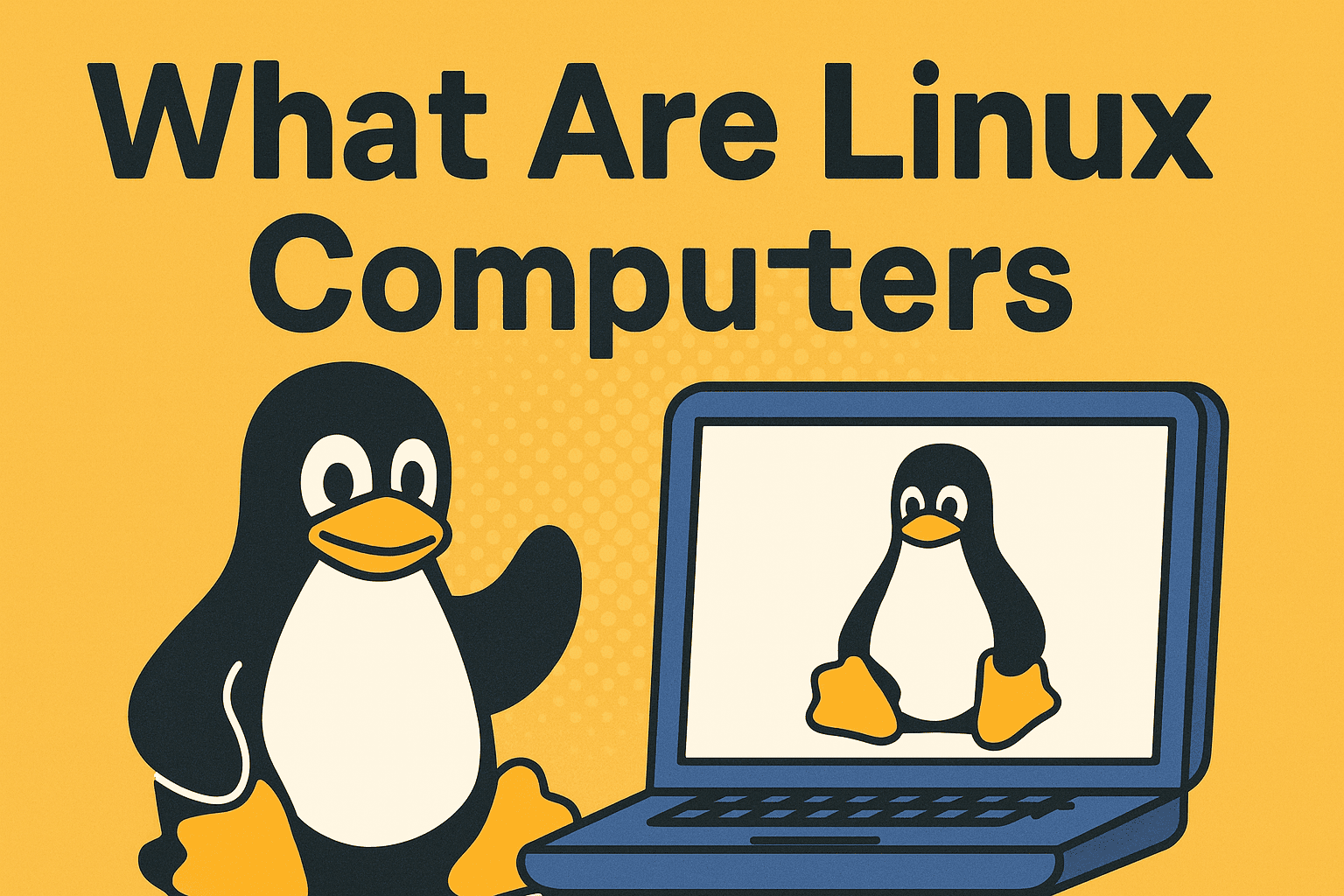
In a world dominated by Windows and macOS, many IT managers and executives ask: what are Linux computers, and why are they important? Surprisingly, Linux powers over 90% of the world’s cloud infrastructure, most of the internet’s servers, and countless cybersecurity tools.
Introduction: Why Linux Matters in 2025
Understanding Linux computers isn’t just for developers—it’s crucial for business leaders, IT managers, and security professionals who want cost-effective, secure, and scalable systems.
What Are Linux Computers?
At its core, Linux computers are devices that run the Linux operating system, an open-source alternative to proprietary platforms like Windows or macOS.
Key Features of Linux Computers:
-
Open-Source – Free to use, modify, and distribute.
-
Secure – Known for strong security architecture.
-
Customizable – Supports thousands of distributions (Ubuntu, Fedora, Debian).
-
Lightweight – Can run on older or resource-limited hardware.
-
Reliable – Powers servers, data centers, and mission-critical infrastructure.
👉 In short: Linux computers are flexible, secure, and cost-efficient systems that power everything from personal laptops to enterprise-level servers.
Why Linux Is Different From Other Operating Systems
When asking what are Linux computers, it’s important to compare them with mainstream platforms.
| Feature | Linux Computers | Windows Computers | macOS Computers |
|---|---|---|---|
| Licensing | Free & Open Source | Paid License | Paid License |
| Security | High (built-in controls) | Moderate (frequent patches) | High (but closed system) |
| Customization | Extensive | Limited | Very Limited |
| Use Cases | Servers, DevOps, IoT | Business & Personal PCs | Creative industries |
| Performance | Efficient, lightweight | Heavier resource use | Optimized for Apple HW |
👉 Verdict: Linux computers are more flexible, cost-effective, and secure, especially for enterprise and cybersecurity use.
Advantages of Linux Computers
Linux is not just an alternative—it offers unique advantages:
1. Cost-Effective
-
No licensing fees for the OS.
-
Ideal for startups and enterprises managing large-scale deployments.
2. Enhanced Security
-
Lower risk of malware compared to Windows.
-
Built-in permissions and access controls.
-
Widely used in cybersecurity and penetration testing.
3. Performance and Reliability
-
Can run for years without reboot.
-
Handles enterprise workloads and cloud infrastructure efficiently.
4. Customizability
-
Hundreds of Linux distributions available.
-
Businesses can tailor OS to specific needs.
5. Community Support
-
Backed by a global open-source community.
-
Constant updates and improvements.
Disadvantages of Linux Computers
While powerful, Linux computers come with challenges:
-
❌ Steeper learning curve for new users.
-
❌ Some software (like Adobe or Microsoft Office) lacks native Linux versions.
-
❌ Hardware compatibility issues with certain peripherals.
-
❌ Requires trained IT staff for enterprise-scale deployments.
👉 These challenges can be managed with training, virtualization, or hybrid environments.
Business Use Cases for Linux Computers
1. Servers and Data Centers
-
Linux dominates web servers, powering Google, Facebook, and Amazon.
-
Supports high-performance computing and enterprise storage.
2. Cybersecurity and Ethical Hacking
-
Distributions like Kali Linux are industry standards for penetration testing.
-
Provides powerful tools for vulnerability scanning and digital forensics.
3. Software Development
-
Developers prefer Linux for its compatibility with DevOps pipelines, containerization, and coding frameworks.
4. Cloud and Virtualization
-
Most cloud providers (AWS, Azure, Google Cloud) rely on Linux.
-
Open-source compatibility reduces vendor lock-in.
5. IoT and Embedded Systems
-
Lightweight Linux systems power routers, medical devices, and industrial IoT.
Linux Computers in Cybersecurity
For IT managers and CISOs, Linux computers are more than a cost saver—they’re a cybersecurity powerhouse.
-
Default Security Controls – Permissions and sandboxing reduce vulnerabilities.
-
Fewer Viruses – Linux is less targeted by malware.
-
Open-Source Transparency – Security flaws can be detected and patched quickly.
-
Specialized Security Tools – From Wireshark to Metasploit, most run natively on Linux.
👉 For enterprises, Linux is a trusted foundation for Zero Trust and endpoint security strategies.
How to Transition to Linux Computers
Thinking of adopting Linux computers? Here’s a roadmap:
-
Assess Needs – Determine if Linux is for servers, desktops, or both.
-
Choose a Distribution – Ubuntu for beginners, CentOS for enterprises, Kali for cybersecurity.
-
Pilot Deployment – Test Linux systems in a controlled environment.
-
Train IT Staff – Ensure administrators and users are comfortable.
-
Secure Integration – Use Linux with firewalls, EDR, and VPNs.
Future of Linux Computers
Linux continues to evolve, driving:
-
AI and Machine Learning Workloads – Preferred by data scientists.
-
Edge Computing – Running IoT devices at the network’s edge.
-
Enterprise Cloud Expansion – Powering next-gen SaaS platforms.
-
Cybersecurity-First Infrastructures – Embedded in zero-trust models.
👉 As businesses demand scalability and resilience, Linux computers will play a central role in enterprise IT ecosystems.
FAQs: What Are Linux Computers?
1. What are Linux computers mainly used for?
They are widely used for servers, cybersecurity, software development, and IoT.
2. Are Linux computers better than Windows?
For security, servers, and enterprise applications, yes. For general consumer software, Windows may be more convenient.
3. Can Linux computers run Microsoft Office or Adobe software?
Not natively, but alternatives (LibreOffice, GIMP) or virtualization tools can help.
4. Is Linux really free?
Yes, Linux is open-source, though enterprises may pay for support.
5. Are Linux computers secure?
Yes, they are considered more secure than Windows, but still require updates and monitoring.
Conclusion: Why Businesses Should Consider Linux
So, what are Linux computers? They are secure, customizable, and cost-effective systems that power much of today’s IT infrastructure. For IT managers, CEOs, and cybersecurity leaders, Linux offers unmatched benefits in security, scalability, and flexibility.
While not perfect for every use case, Linux computers are essential in industries moving toward cloud adoption, digital transformation, and cybersecurity resilience.
👉 Ready to see how Linux systems can strengthen your IT strategy? Request a Demo Today




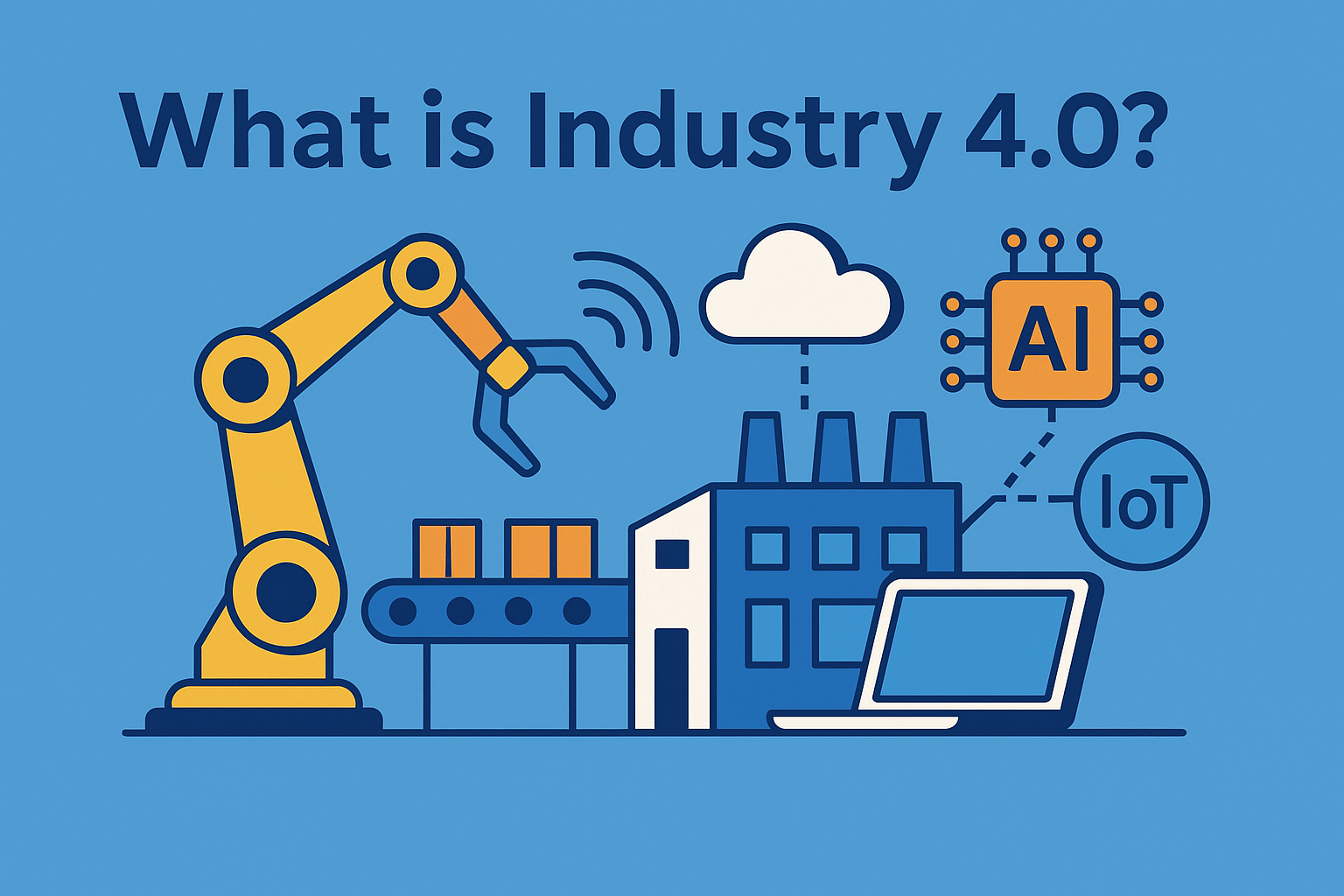
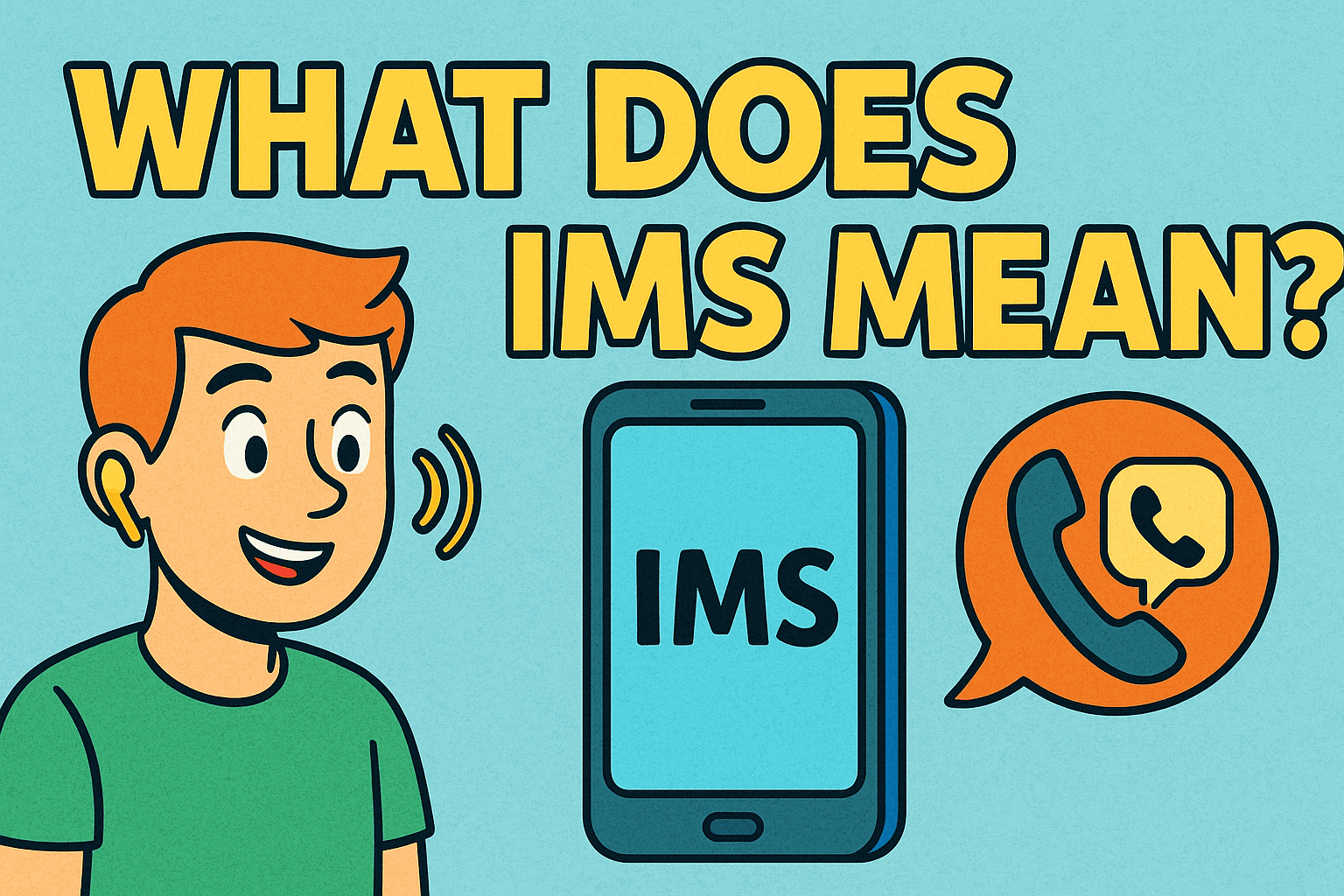

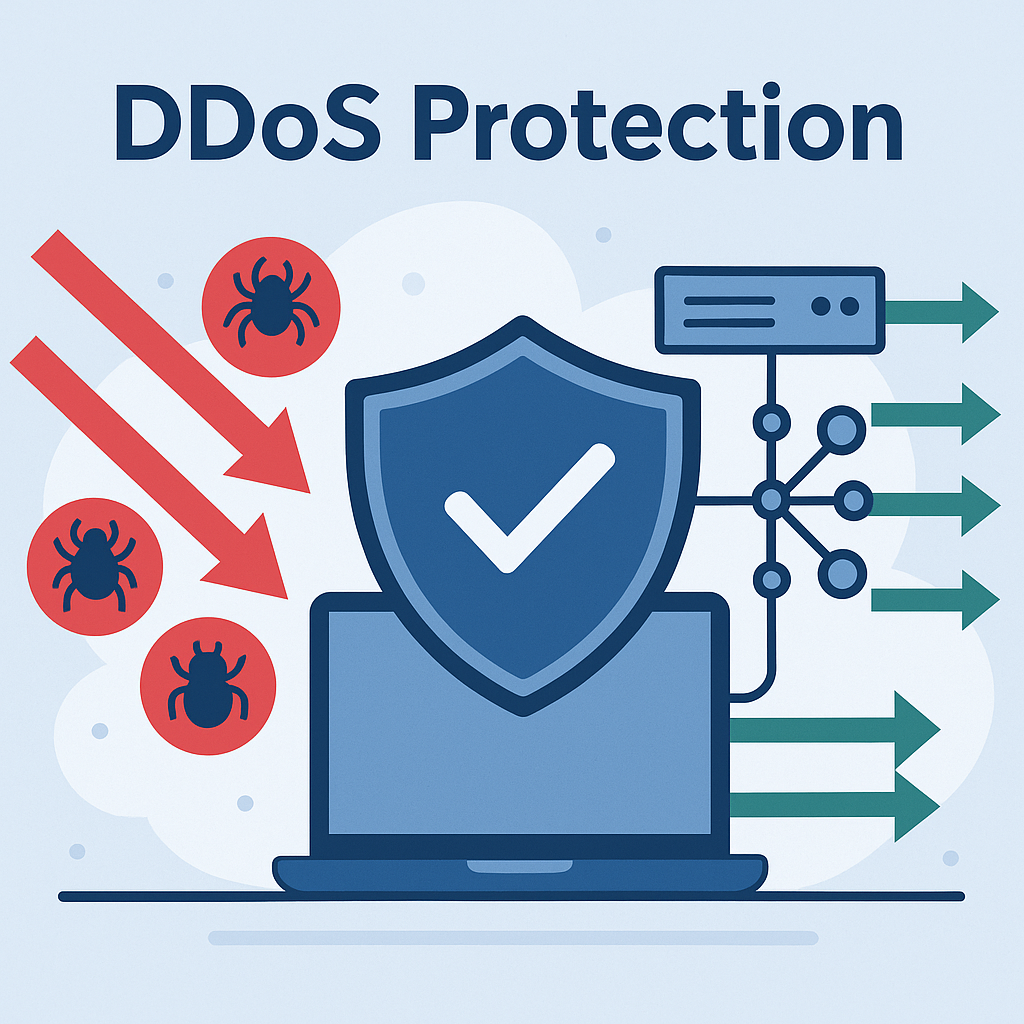



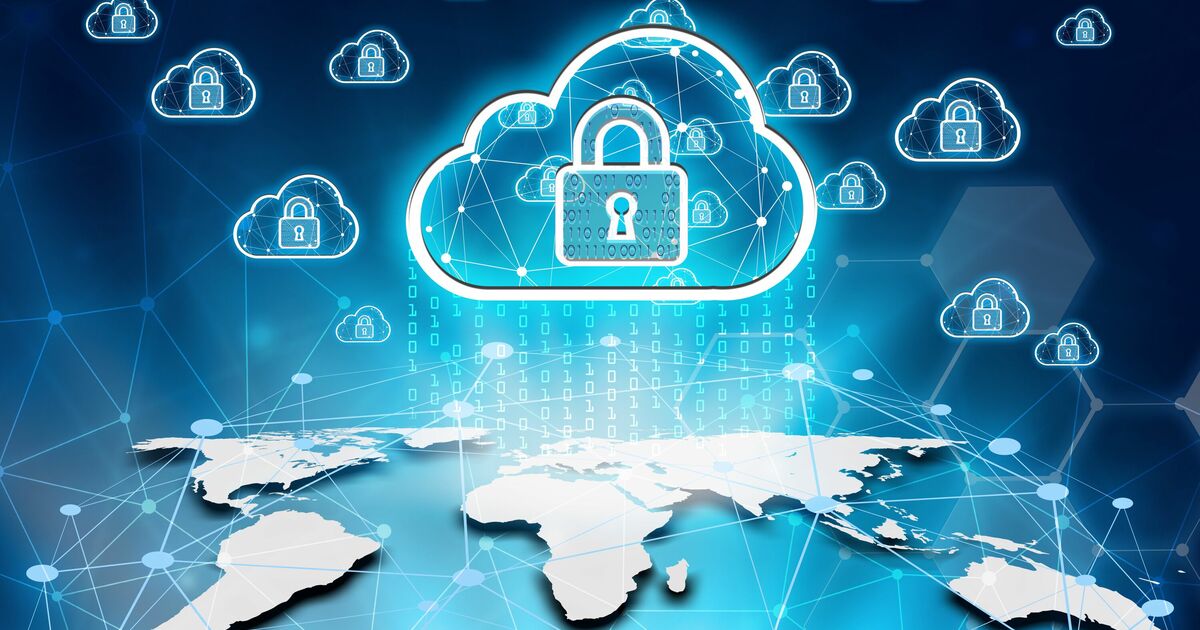
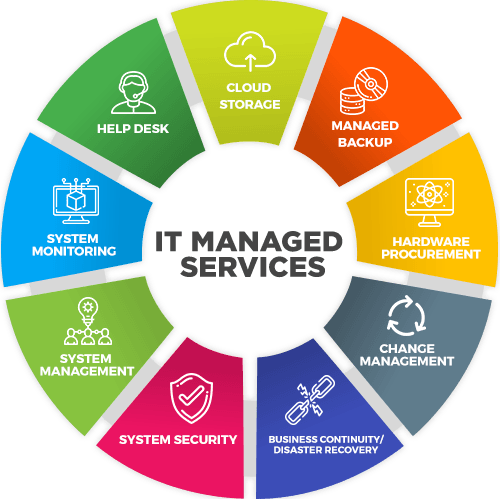
![what does dsl stand for]](https://www.xcitium.com/blog/wp-content/uploads/2026/01/what-does-dsl-stand-for.png)


